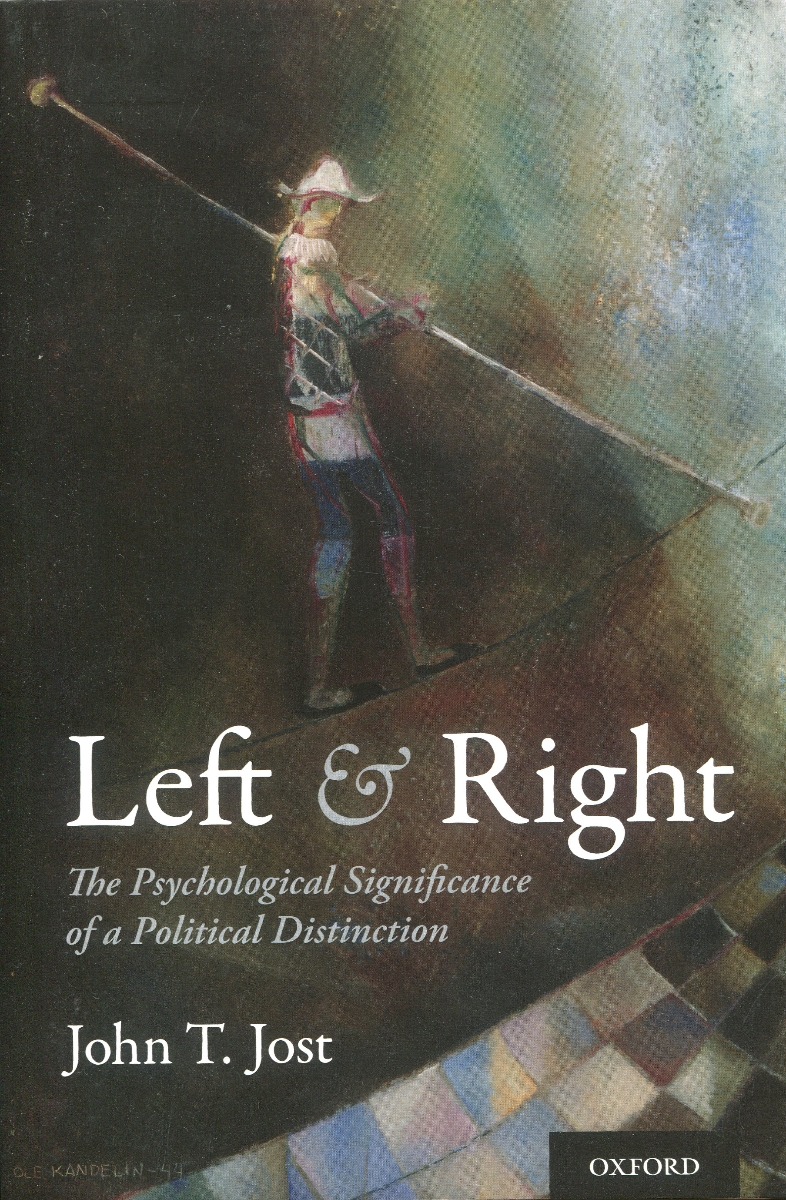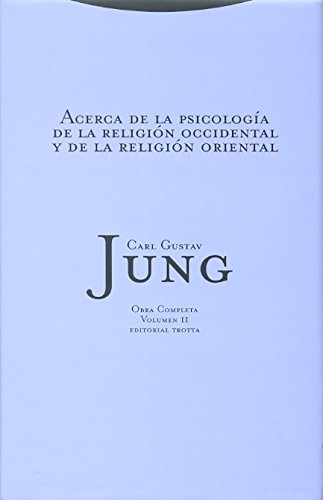This book brings together for the first time an updated, revised collection of influential essays and articles that capture some of the most exciting scientific and scholarly contributions to the topic of political ideology. John Jost tackles fundamental questions about how psychology, neuroscience, and societal factors impact political attitudes and group divisions. In what sense, if any, are ordinary citizens «ideological»? Is it useful to locate political attitudes on a single dimension of representation? Are there meaningful differences in the beliefs, opinions, and values of leftists and rights-or liberals and conservatives? How are personality traits related to ideological preferences? What situational or contextual factors contribute to liberal and conservative shifts in the general population? What are the implications of ideological polarization for the future of democracy? Drawing on Max Weber’s concept of elective affinities, one of the world’s leading political psychologists discusses the myriad ways in people choose ideas and ideas choose people.
Left and Right. The Psychological Significance of a Political Distinction
ISBN: 9780190858339
El precio original era: 59,20€.59,20€El precio actual es: 59,20€. 56,23€ IVA incluido
Sin existencias
| Peso | 0,6 g |
|---|---|
| Fecha de edición | 12/10/2021 |
| Número de Edición |
1 |
| Idioma |
Inglés |
| Formato |
Libro |
| Páginas |
392 |
| Lugar de edición |
REINO UNIDO |
| Encuadernación |
Rústica |
TABLE OF CONTENTS
Preface
PART I: POLITICAL PSYCHOLOGY IN HISTORICAL AND SCIENTIFIC CONTEXT
Chapter 1: A psychological approach to the study of political ideology
Chapter 2: The end of the end of ideology
Chapter 3: Elective affinities: The intersection of «top-down» «bottom-up» processes
PART II: IDEOLOGICAL DIFFERENCES IN PERSONALITY, COGNITIVE STYLE, AND MOTIVATION
Chapter 4: Political conservatism as motivated social cognition
Chapter 5: The secret lives of liberals and conservatives: Dispositional and situational factors
Chapter 6: Authoritarian aggression, group-based dominance, and the liberal conundrum
PART III: THE FUTURE OF POLITICAL PSYCHOLOGY
Chapter 7: Ideological asymmetries and the essence of political psychology
Chapter 8: The promise and pitfalls of political neuroscience
Epilogue: The values of a political psychologist
John T. Jost, Professor of Psychology, Politics, and Data Science, New York University









